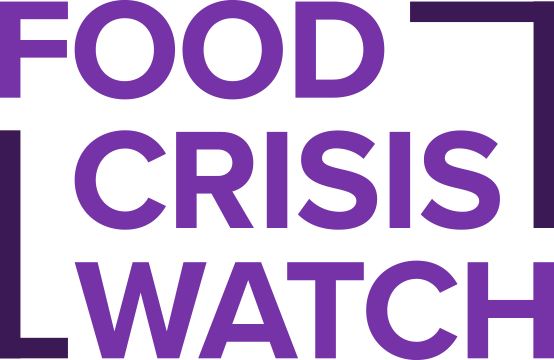Outline
- 01Summary
Researchers from IFPRI, in collaboration with the University of Maryland, are developing new artificial intelligence models to forecast food crises months before they occur. Led by Weilun Shi with Yanyan Liu and Yiqun Xie, the work focuses on predicting when areas may reach IPC Phase 3 or worse—the point at which food insecurity becomes a humanitarian emergency.
Using data from 2013 to 2024 across sixteen countries and more than four thousand subnational areas, the team trained “geo-aware” machine learning models that recognize how hunger risks differ from place to place. These models draw on thousands of data points describing weather, crop conditions, soil quality, prices, economic activity, and conflict intensity. By incorporating both local and seasonal patterns, the system can detect early signals of deteriorating food security up to a year in advance.
Preliminary results show that this geo-spatial approach predicts crises more accurately than traditional global models, revealing not only where conditions are worsening but also why. The findings mark a step toward faster, more localized early warning tools that could help policymakers and humanitarian agencies act before hunger reaches critical levels.
